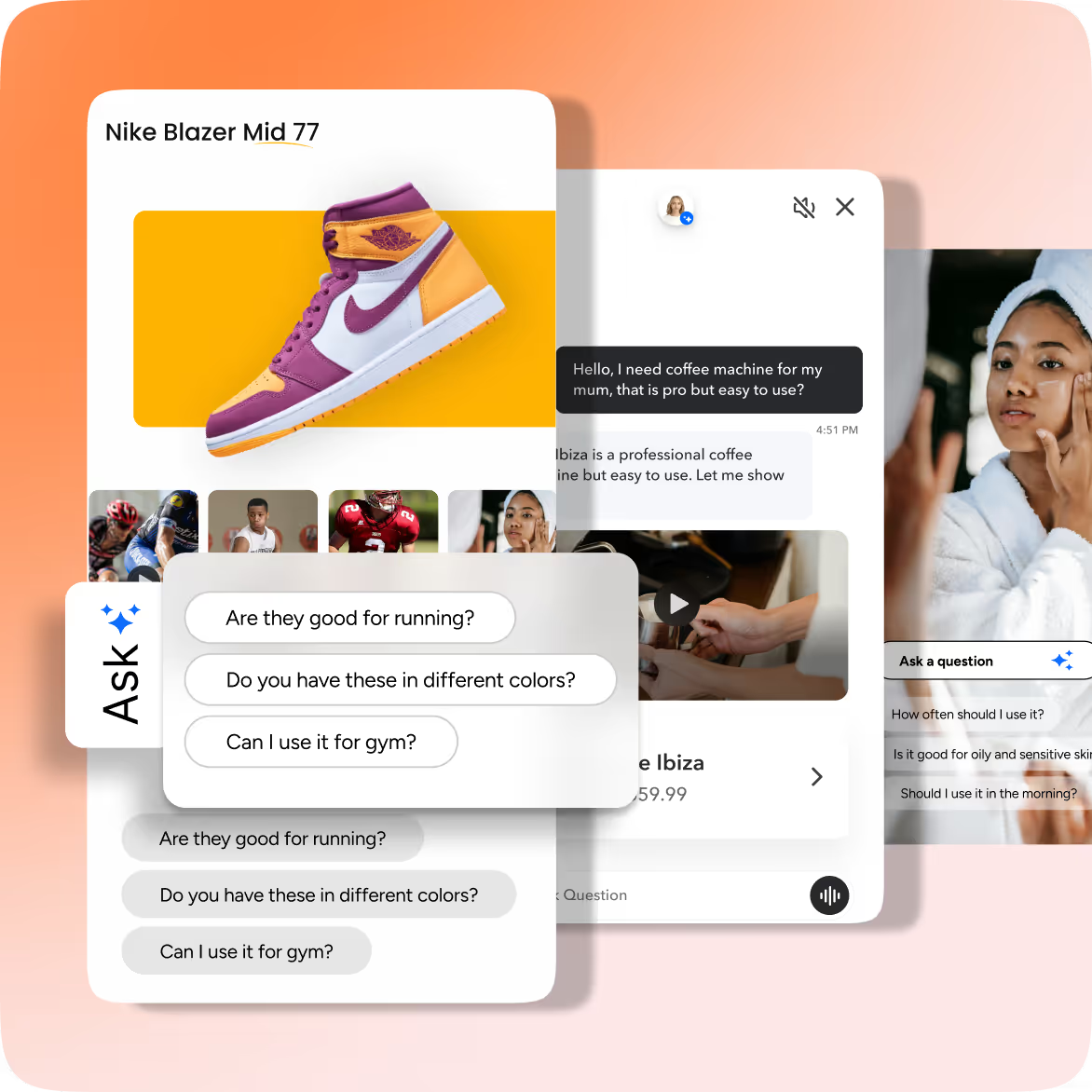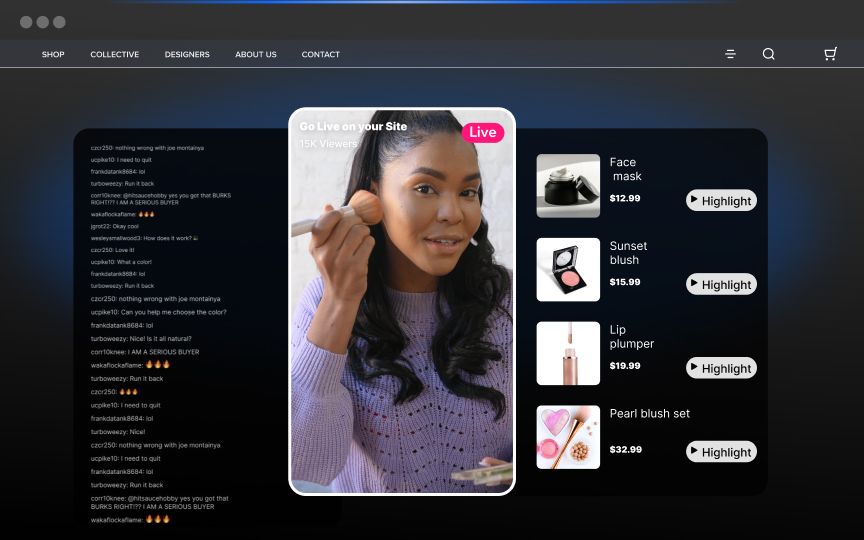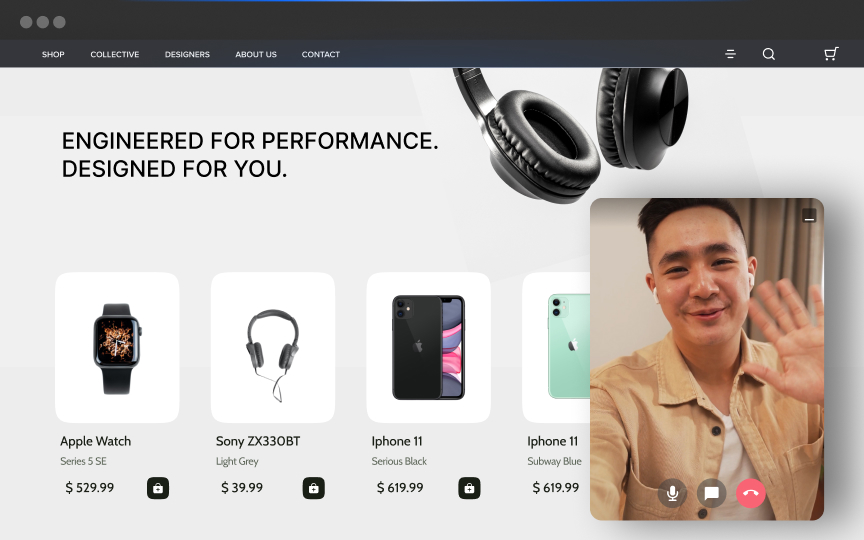Omnichannel and multichannel strategies are buzzwords you've likely encountered, but understanding their impact on your customer journey is key to staying competitive.
Omnichannel marketing integrates all communication channels to provide a seamless customer experience, ensuring consistency across every touchpoint. Multichannel marketing, on the other hand, uses multiple channels independently without integration.
For a comprehensive understanding, consider exploring this comprehensive omnichannel guide.
What is Omnichannel Marketing? Breaking Down the Seamless Experience
Omnichannel marketing focuses on creating a seamless and integrated customer experience across all channels. It ensures that no matter where your customers interact with your brand, they receive a consistent and unified message.
This approach connects every touchpoint, from social media to in-store visits, into one cohesive journey. Learn more about how this approach is transforming industries like luxury goods with our luxury omnichannel strategy.
Key Components of Omnichannel
- Unified customer journey: Every interaction feels connected, guiding customers smoothly from one platform to another without disruption.
- Consistent brand message across all platforms: Your brand's voice and values remain the same whether customers engage via email, mobile apps, or physical stores.
- Real-time data syncing across channels: Information updates instantly across all platforms, allowing for timely and relevant interactions with customers.
Omnichannel Benefits
- Enhanced customer satisfaction: Customers enjoy a smoother, more intuitive experience, increasing their overall satisfaction. Discover how video can further enhance omnichannel with video.
- Increased brand loyalty: Consistent and personalized interactions foster a stronger connection with your brand, encouraging repeat business.
- Boosted sales through personalized experiences: Tailoring the shopping journey to individual preferences leads to higher conversion rates and sales.
What is Multichannel Marketing? A Look into a Platform-Focused Approach
Multichannel marketing involves engaging customers through multiple, separate channels. Each channel operates independently, offering unique messages and experiences tailored to its audience.
For insights into balancing in-store and online experiences, check out our guide on seamless customer experience.
Key Components of Multichannel
- Independent platforms: Each channel functions on its own, allowing for specialized strategies that cater to specific audiences.
- Channel-specific messages: Content is crafted to suit the strengths and characteristics of each platform, providing tailored communication.
- Lack of integrated data flow: Channels do not share data, leading to isolated customer interactions that may lack cohesion.
Multichannel Benefits
- Reach broader audiences: By using various platforms, you can connect with a diverse range of potential customers.
- Tailored strategies per platform: Customize your approach to fit the unique dynamics of each channel, enhancing effectiveness.
- Easier to launch and manage: With less need for integration, setting up and maintaining campaigns can be more straightforward.
Omnichannel vs. Multichannel: A Side-by-Side Comparison
When deciding between these strategies, how do you weigh the benefits of integration against the flexibility of independent platforms?
- Customer Experience: Omnichannel offers a seamless journey, ensuring customers feel connected at every touchpoint. Multichannel provides varied experiences across different platforms, which may not always align. For more on enhancing customer engagement, explore our engagement strategies.
- Data Integration: Omnichannel synchronizes data, offering a unified view of customer interactions. Multichannel keeps data in silos, limiting insights into customer behavior.
- Consistency: Omnichannel maintains a uniform brand message across all channels. Multichannel allows for unique messaging tailored to each platform.
- Flexibility: Multichannel excels in adapting strategies to fit each platform's strengths. Omnichannel focuses on a cohesive strategy across all channels.
- Platform Management: Omnichannel centralizes control and streamlines management. Multichannel requires managing each platform independently, offering more granular control.
Key Advantages of Choosing Omnichannel Marketing
What makes omnichannel a compelling choice for ensuring customer loyalty and a seamless experience across touchpoints?
- Enhanced customer loyalty through consistent and personalized interactions. Learn more with our omnichannel retail strategy guide.
- Seamless cross-platform experience that keeps customers engaged.
- Increased sales by guiding customers through a tailored journey that meets their needs.
When Omnichannel Marketing Works Best
- For brands with multiple customer touchpoints, ensuring a cohesive experience.
- When personalization is a top priority, allowing for tailored interactions.
- For brands aiming for a unified brand message, ensuring consistency across all channels.
Key Advantages of Choosing Multichannel Marketing
Looking to expand your reach without the complexity of integration? Here's why multichannel might be your go-to strategy.
- Broader audience reach by leveraging multiple platforms to connect with diverse groups.
- Flexibility to customize strategies per channel, optimizing for each platform's unique audience.
- Faster setup and launch, making it easier to implement and adapt campaigns quickly. Enhance your approach with digital engagement solutions.
When Multichannel Marketing Works Best
- For brands exploring new platforms, allowing for experimentation and growth.
- When budget constraints limit data integration, focusing on individual platform strategies.
- For brands focusing on platform-specific goals, tailoring efforts to meet specific objectives.
Conclusion
Omnichannel marketing integrates all customer touchpoints into a seamless experience, ensuring consistent messaging and data flow across platforms. Multichannel marketing, however, operates each channel independently, focusing on specific platform strategies without integration.
Choosing between these approaches depends on your business goals and customer engagement strategies.
Ready to enhance your customer experience? Choose the strategy that aligns best with your goals and start seeing results!
At Firework, we understand the importance of engaging your audience through innovative and immersive video commerce solutions. Our platform transforms your digital storefront into an interactive experience, bridging the gap between online and in-store shopping.
Put your commerce in motion. Find out how Firework can power your business forward.
FAQs
What does omnichannel mean in e-commerce?
Omnichannel e-commerce refers to the integration of multiple sales channels to provide a seamless shopping experience for customers.
What is an example of omnichannel?
A shopper researching a product on a mobile app, adding it to their cart, and then completing the purchase in-store is an example of omnichannel shopping.
What is the difference between multichannel and omnichannel e-commerce?
Multichannel uses multiple independent channels, while omnichannel integrates all channels for a unified customer experience.
What is an omnichannel strategy?
An omnichannel strategy connects online and offline sales and communication channels to create a seamless customer experience.
What are the four pillars of omnichannel?
The four pillars are customer experience, data integration, personalization, and cross-channel consistency.
What are the four C's of omnichannel?
Customer experience, convenience, consistency, and cross-channel integration are the key components of a successful omnichannel approach.
See Firework’s Shoppable Video in action! Preview on your site - https://preview.firework.com/
Unlock Exclusive Insights
By submitting this form, you agree to Firework's privacy policy and consent to receive personalized marketing communications. You can unsubscribe at any time.










.png)



















